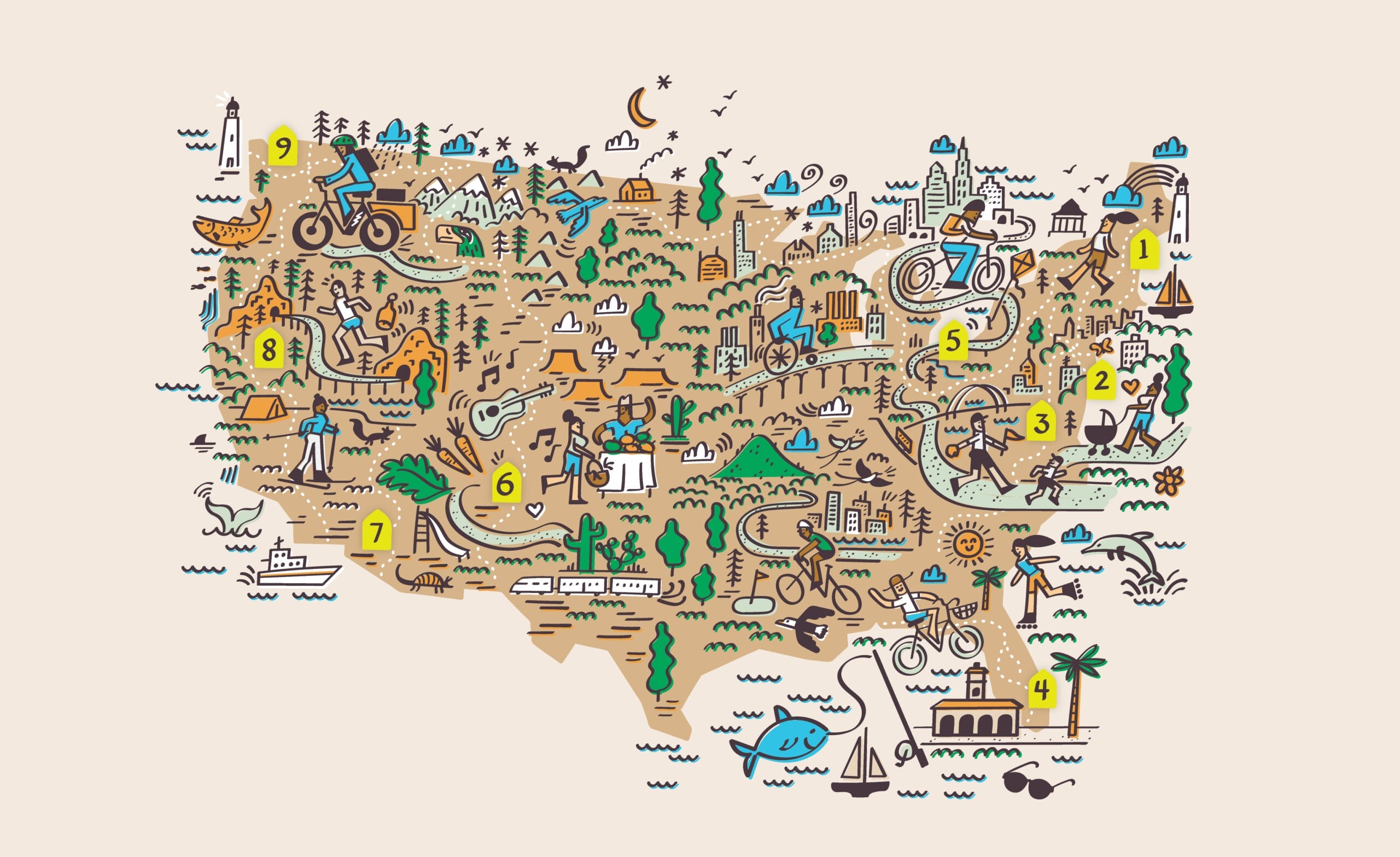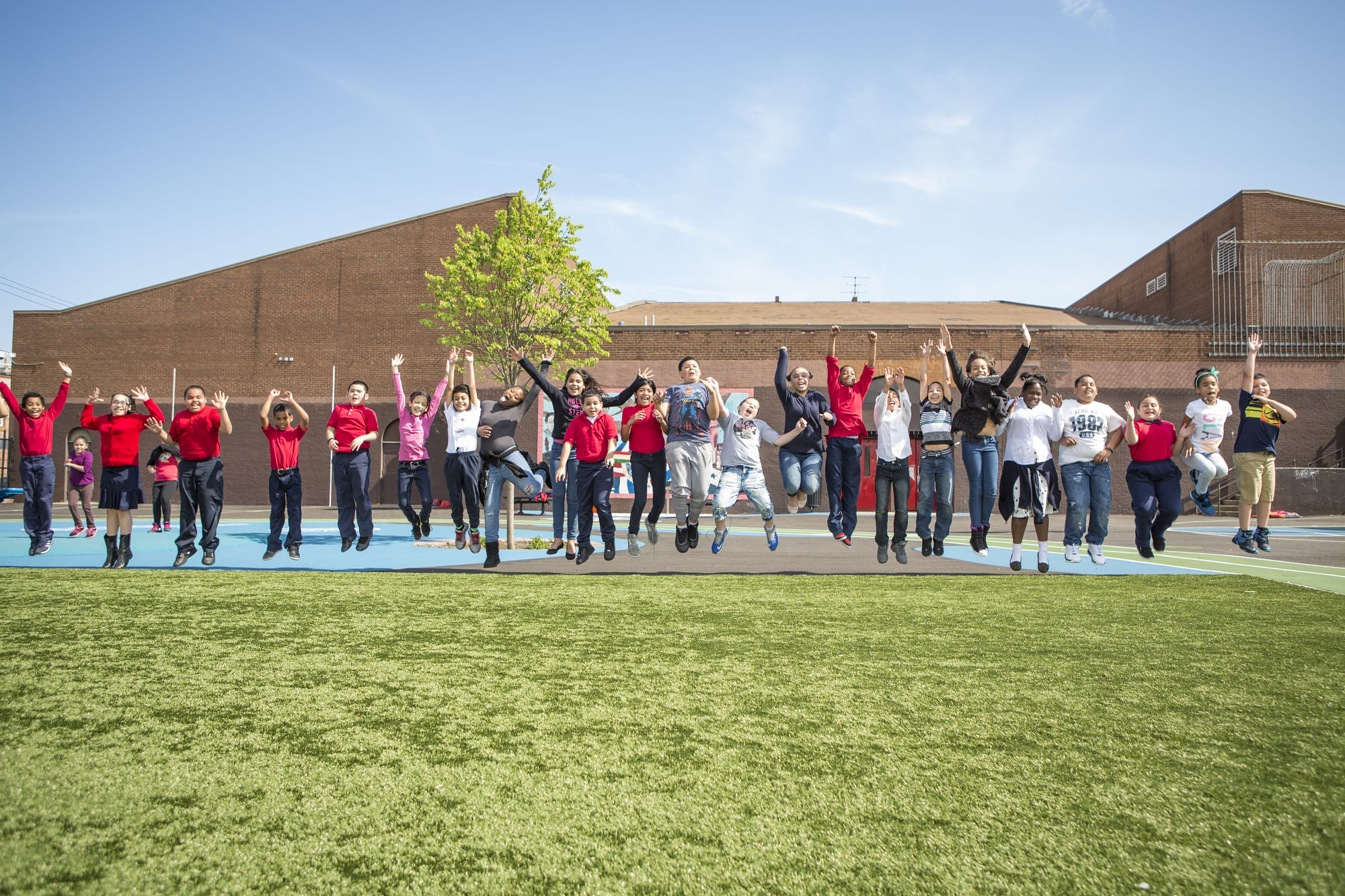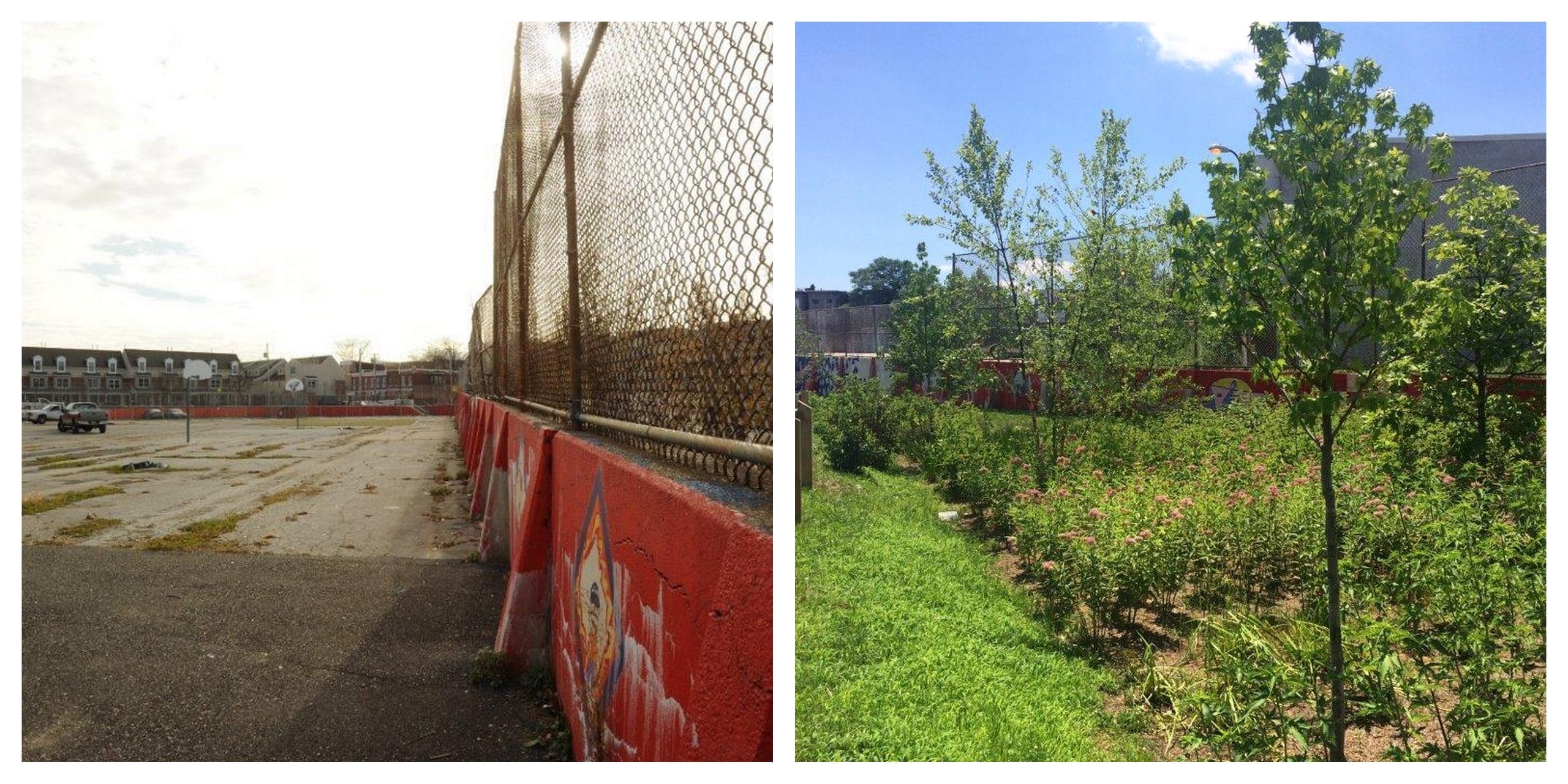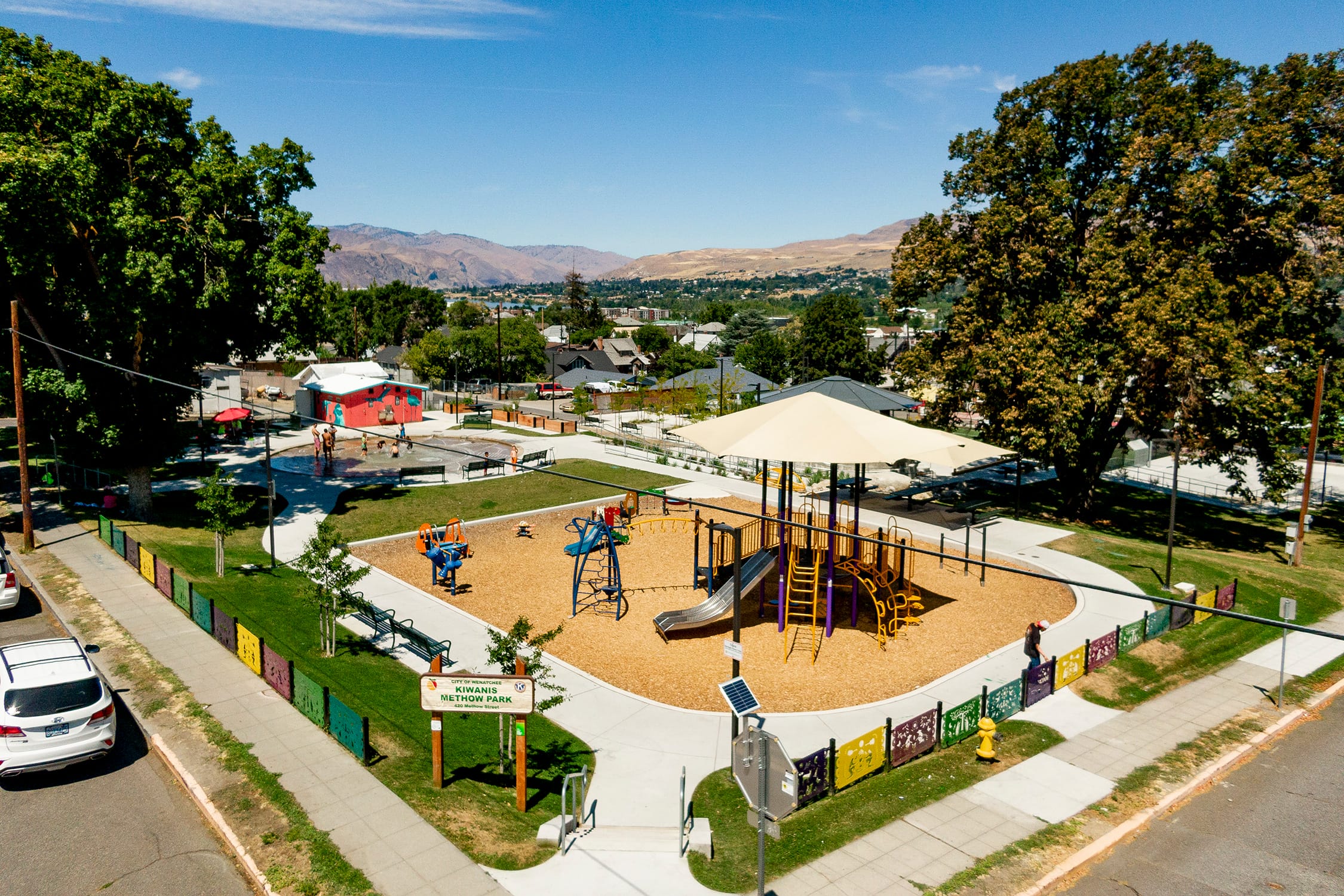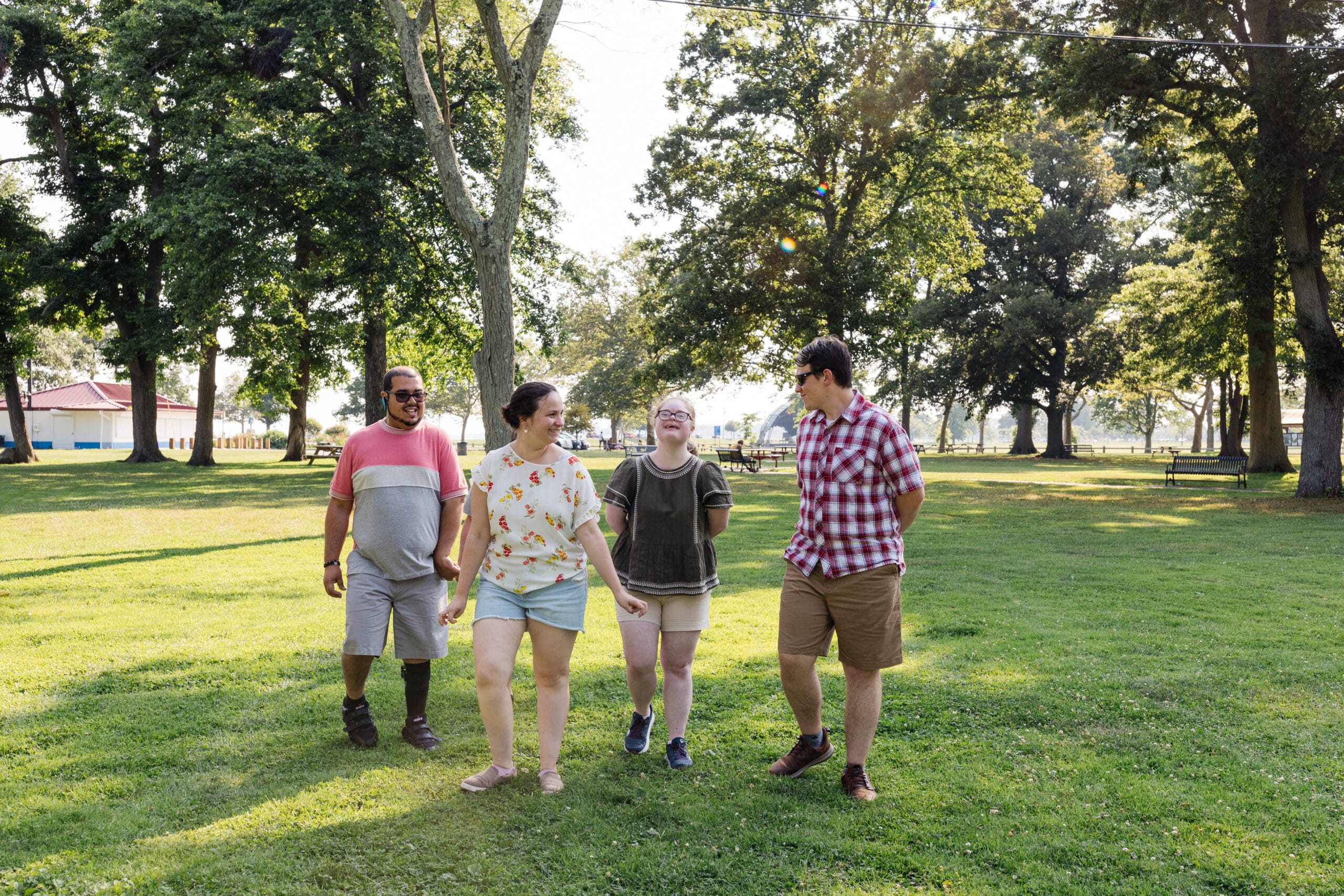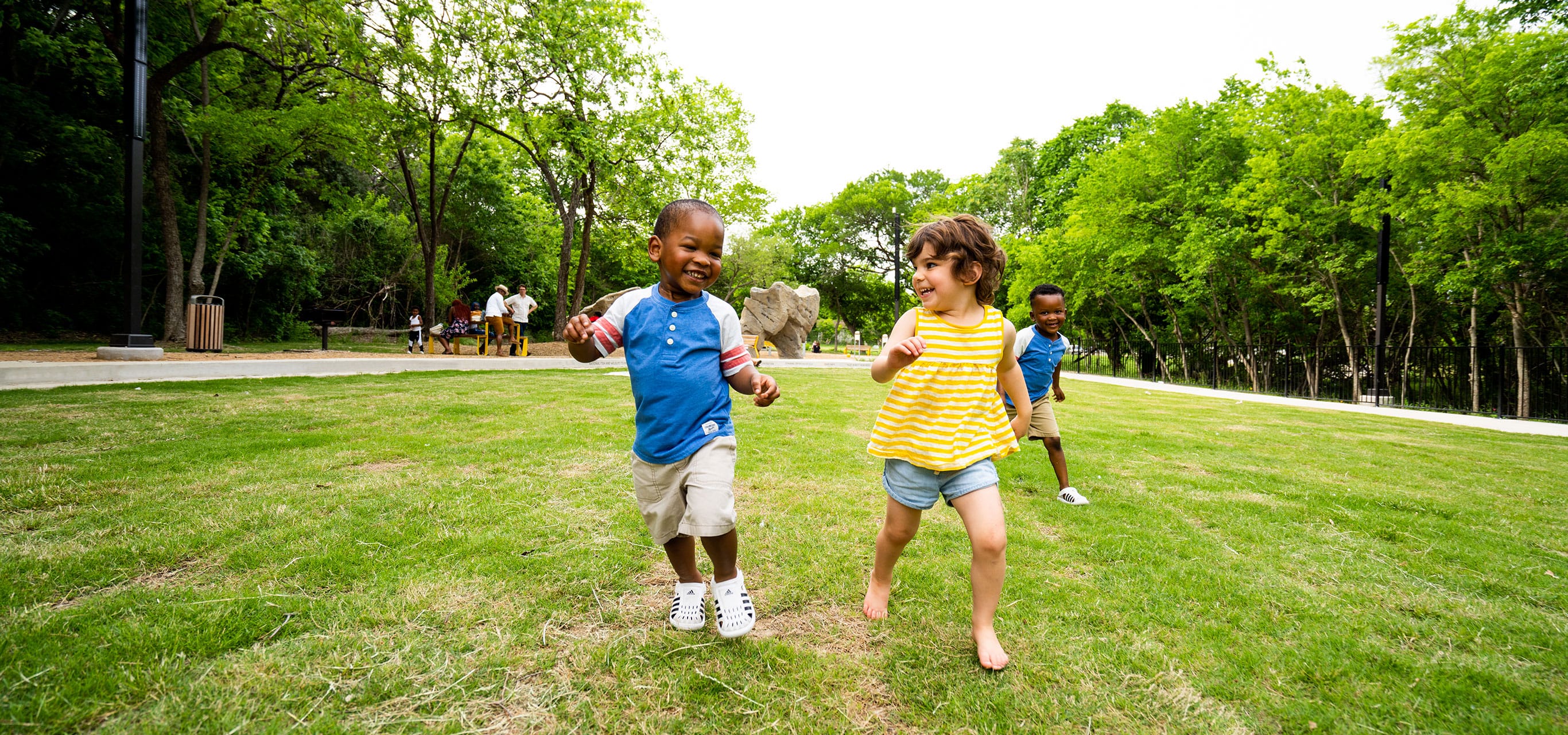
For park planners, creative compromise is par for the course
For park planners, creative compromise is par for the course
The mayor of Portland calls the transformation of a private golf course into a public park “a land-use miracle”—but it wasn’t a hole in one.
When the owner of the 18-hole golf course in Portland’s Cully neighborhood first proposed selling the property for industrial development, many in the community were worried. There’s no other part of the city so short on green space, so the plan seemed like a lost opportunity to add parkland where it’s needed most.
The Trust for Public Land helped park advocates navigate a tricky re-zoning effort that laid the groundwork for a new proposal: a mix of development on the side of the property nearest the airport and freeways and much-needed green space on the other. This time, the city approved the plan.
“I think everybody realizes that everyone is getting a majority of what they want,” Trust for Public Land staffer Don Goldberg told Daily Journal of Commerce. “I think we’ve found a good balance for everyone.”
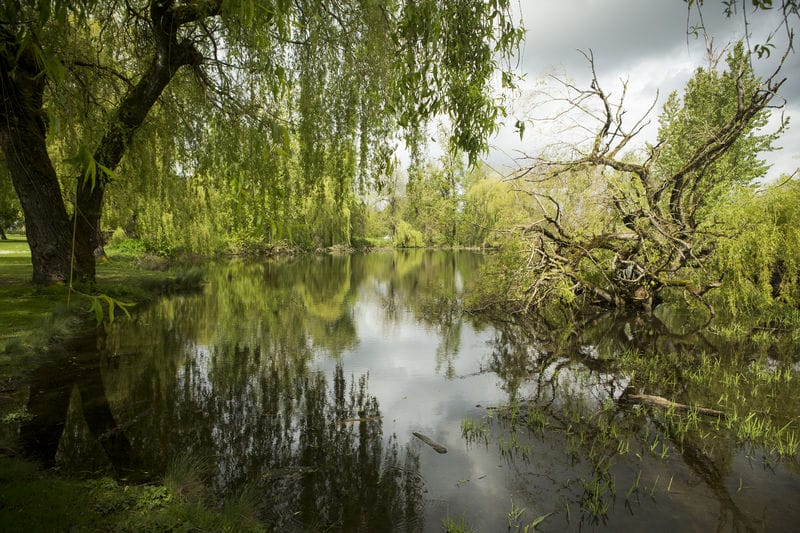
Part of that balanced approach includes retaining some of the property’s golfing facilities. Now a nine-hole course open to the public, the Colwood Golf Center is also home turf for The First Tee, a nonprofit working to introduce the game to the park’s neighbors.
“There are a lot of low-income and diverse housing units in very close proximity to the golf course,” says Cathy Porter, who heads the organization’s work in Portland. “Most of the children in the Cully neighborhood would never be exposed to the game otherwise.”
“Growing up, I was fully aware that golf was not a sport for a Latino immigrant like myself for a variety of reasons—the main one being the cost,” writes a First Tee participant. Recognizing the financial barriers to those curious about the game, the organization helps fund kids’ equipment, lessons, and travel to clinics and competitions. And while First Tee is dedicated to training aspiring golfers, it places an emphasis on self-confidence and skills like goal setting and perseverance.
“Before, I felt like people only focused on my flaws,” writes another participant. “Now, when I pass by a mirror and see my reflection, I see someone powerful and capable. To get to that took years of accepting and loving myself through the game of golf.”
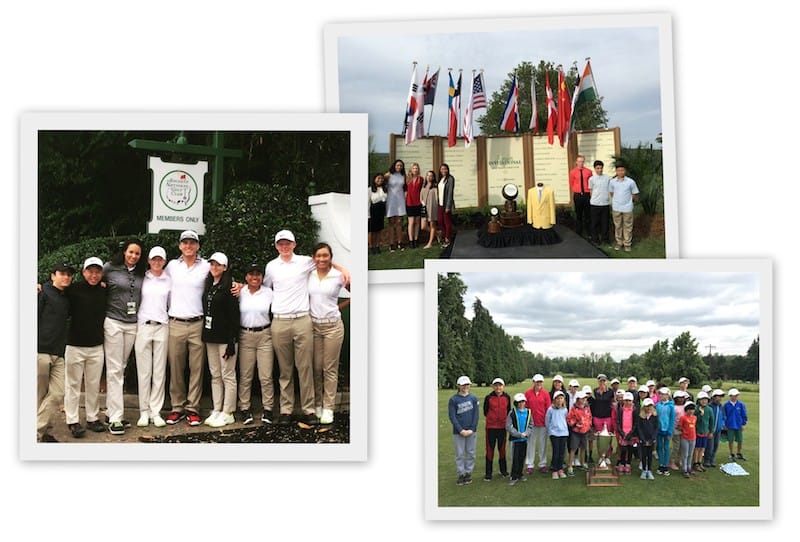
While the fairways foster the next generation of golfers, another corner of the Colwood property will experience its own renewal.
Columbia Slough is a narrow waterway that runs through the new park. It once supported salmon and birds, but by early in the century, much of its healthy habitat had been destroyed. The new proposal for Colwood Park calls for restoration of the wetland habitat, which also helps safeguard water quality and guard against flooding.
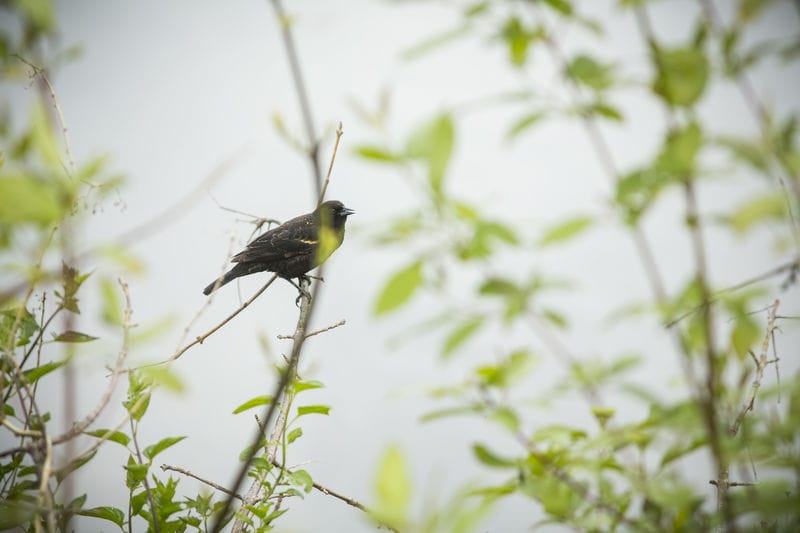
For The Trust for Public Land, the creative compromise at Colwood Park is the kind of win that comes from having a good long game: the deal was almost a decade in the making. All told, the Cully community will gain nearly a nearly hundred-acre park with something for everyone—whether you prefer birding or birdies.
This raw, beautiful landscape in Southern California is home to Indigenous heritage sites, and it provides critical habitat for threatened and endangered species. Urge President Biden to safeguard this extraordinary landscape today!
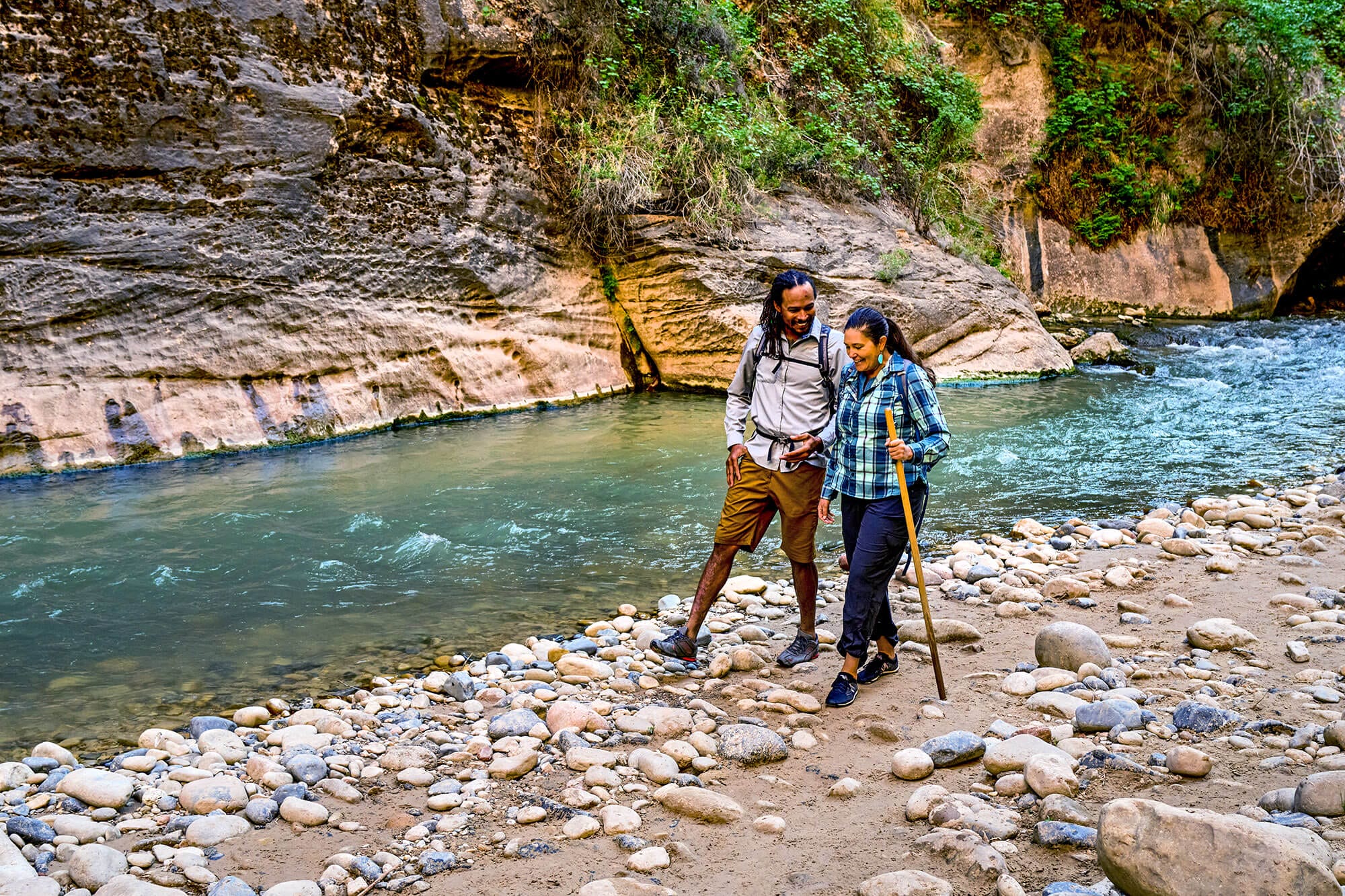
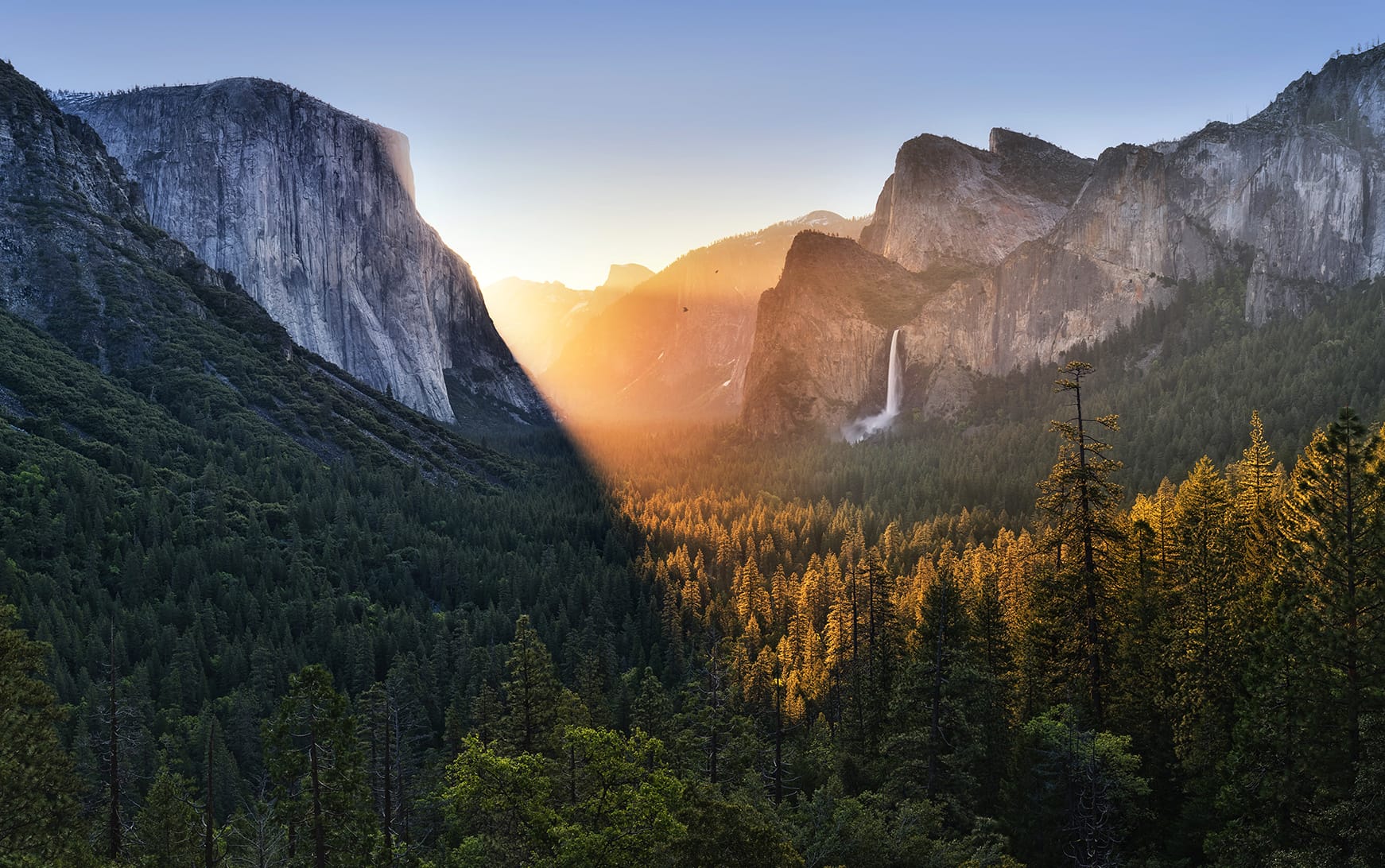
Donate to become a member, and you’ll receive a subscription to Land&People magazine, our biannual publication featuring exclusive, inspiring stories about our work connecting everyone to the outdoors.
See how our supporters are helping us connect people to the outdoors across the country.



